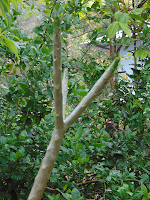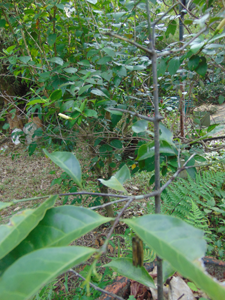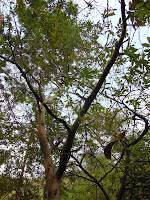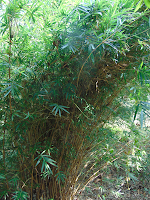MOST DANGEROUS LIZARS
MOST DANGEROUS LIZARS Lizards are a diverse group of reptiles that belong to the order Squamata, which also includes snakes. They have scaly skin, four legs (except for some legless species), movable eyelids, and external ear openings. They are mostly carnivorous and have various adaptations to avoid predators, such as venom, camouflage, and tail regeneration. There are more than 7,000 species of lizards in the world, living in different habitats and climates. Some of the most well-known lizards are the Komodo dragon, the chameleon, the gecko, and the iguana. Lizards are not dangerous to humans, however, some lizards are poisonous and can harm a person if they are touched or bitten by these reptiles. Certain lizards, such as the Komodo dragon, can grow to large sizes and have been known to attack and kill people. Most lizards, in reality, are harmless to humans, as are most turtles; however, there are certain members of both groups that can kill, maim, make ill, or inflict at...








